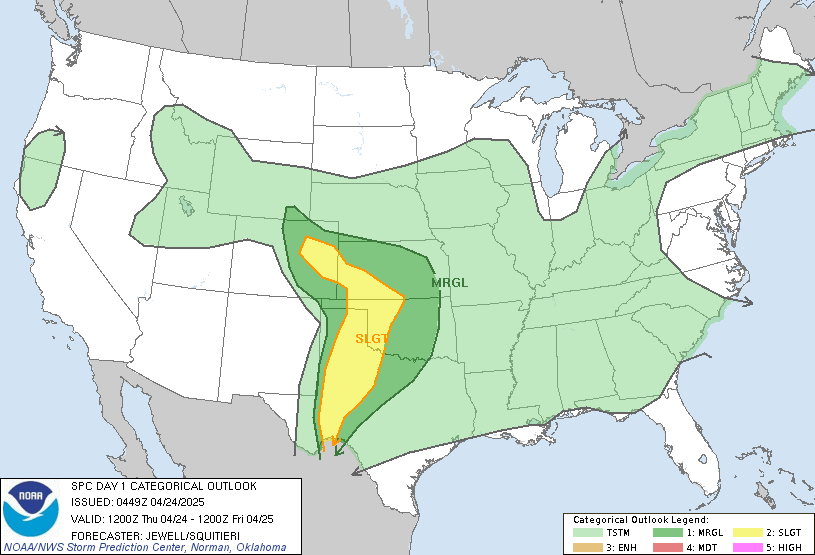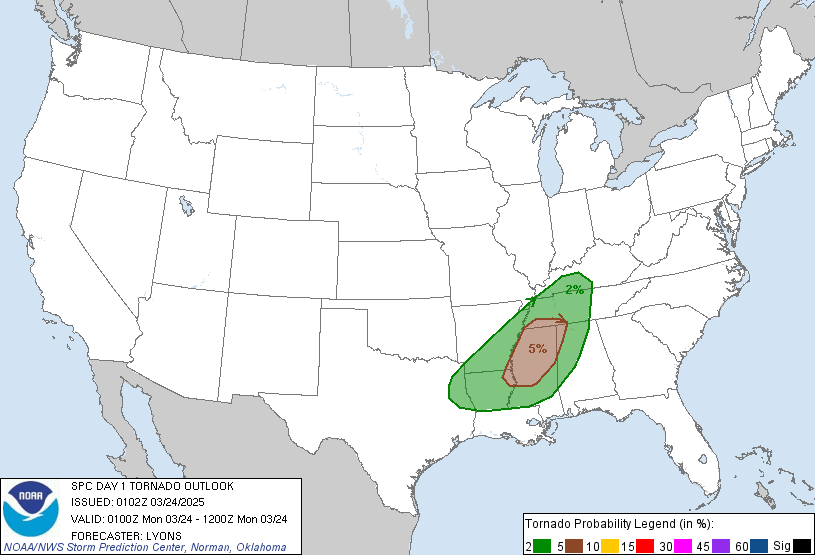While 2020 was responsible for a lot of very bad things, it looks like something that 2020 did was actually “good” in hindsight. The busy 2020 Atlantic Hurricane Season forced the World Meteorological Organization to re-evaluate the use of Greek Letters for tropical names during excessively active seasons.
And the re-evaluations led to a new answer:

Citing a difficulty communicating the overall message when the name of a storm is a just a letter, the WMO decided to make a change.
Hurricane Committee members agreed to create a supplemental list of names A-Z (excluding Q, U, as well as X, Y, and Z on the Atlantic list) that would be used in lieu of the Greek alphabet when the standard list is exhausted in a given season. Names on this list could be retired and replaced, when required. Names beginning with Q, U, X, Y and Z are still not common enough or easily understood in local languages to be slotted into the rotating lists.
The 2020 season showed that there were a number of shortcomings with the use of the Greek alphabet.
— There can be too much focus on the use of Greek alphabet names and not the actual impacts from the storm. This can greatly detract from the needed impact and safety messaging.
— There is confusion with some Greek alphabet names when they are translated into other languages used within the Region.
— The pronunciation of several of the Greek letters (Zeta, Eta, Theta) are similar and occur in succession. In 2020, this resulted in storms with very similar sounding names occurring simultaneously, which led to messaging challenges rather than streamlined and clear communication.
— Impacts from Eta and Iota were severe enough that those names have formally retired by the Hurricane Committee. There was no formal plan for retiring Greek names, and the future use of these names would be inappropriate.
Courtesy: public.wmo.int
So, there will never be another Greek letter used. That also means with the retirement of Eta and Iota, those two storms will be in a special category of named storms to be reitred.
Retired names
Speaking of retired hurricane names, the WMO decided on that, too.

Upon further review, Dorian, Laura, Eta and Iota were retired.
There have been 93 names officially retired from the Atlantic names list since 1953. The folks at the WMO retired names from both 2020 and 2019 this year, “because this was not on the agenda of last year’s Hurricane Committee due to the unfolding COVID-19 crisis.”
2019 – Dorian
Dorian was a Category 5 hurricane (on the Saffir-Simpson Hurricane Wind Scale) and the strongest hurricane to hit the northwestern Bahamas in modern records. Dorian caused catastrophic damage mainly in Abaco and eastern Grand Bahama Islands with total damage estimated at $3.4 billion (USD). More than 75 percent of all homes on the island were damaged. The Inter-American Development Bank (IDB), an agency which the government of the Bahamas asked to conduct a study following Dorian’s trail of destruction, stated that the hurricane left 29,500 people homeless and/or jobless.
Dexter will replace Dorian on the list of names in 2025.
2020 – Laura
Laura was a powerful category 4 hurricane (on the Saffir-Simpson Hurricane Wind Scale) that made landfall near Cameron, Louisiana, accompanied by a devastating storm surge of at least 5 meters (17 feet) above ground level. It was responsible for 47 direct deaths in the United States and Hispaniola, and more than $19 billion in damage.
Leah will replace Laura on the list of names in 2026.
2020 – Eta & Iota
Hurricanes Eta and Iota both made landfall less than two weeks apart during November 2020 in the same area of the Nicaraguan coast just south of Puerto Cabezas. The two powerful tropical cyclones caused extensive flooding in Nicaragua, Honduras and other adjacent Central American countries, resulting in at least 272 fatalities and damage losses of more than $9 billion.
COURTESY: PUBLIC.WMO.INT
With another potentially active hurricane season in 2021, it remains ot be seen if the Atlantic Hurricane season makes it through the list of names again.

